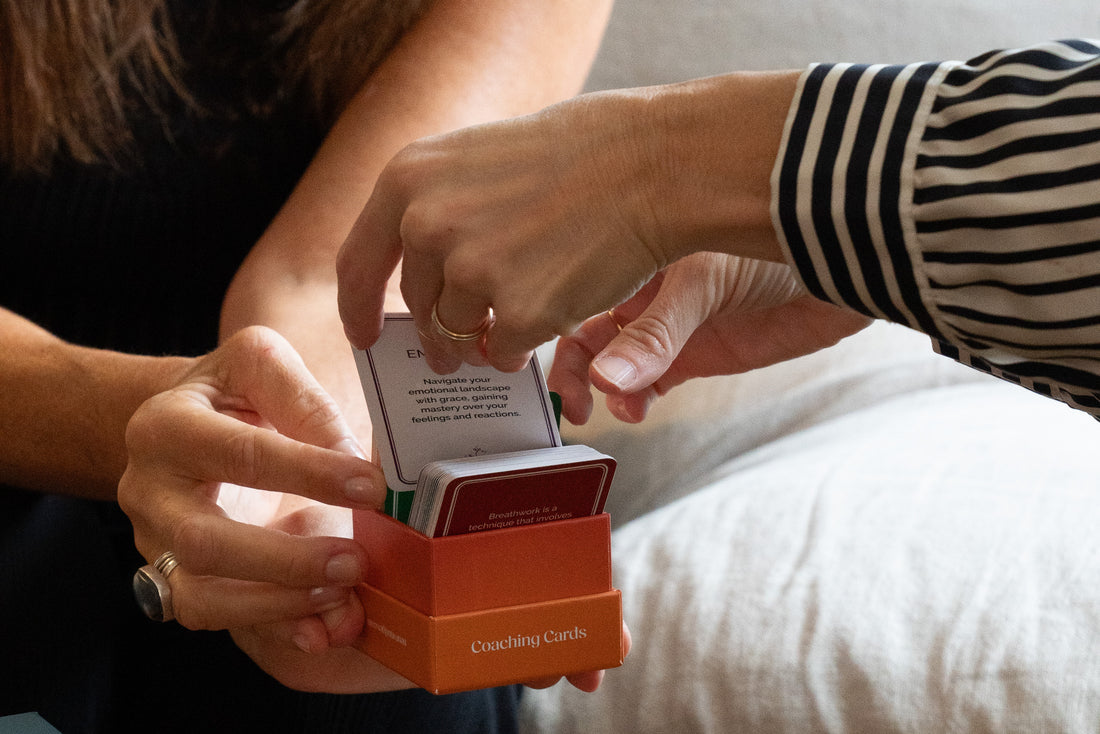What Are Habits?
Habits are like the autopilot of our brains. They are the things we do without even thinking—like brushing our teeth, walking to the store the same way every time, or taking the dog out when we get home.
Why Habits Matter
Habits are super important in our daily lives. They let us do things quickly and without much effort, which is great for being efficient.
But sometimes, habits can get in the way when we're trying to change how we act or learn something new. Ever try to quit a bad habit? It's tough, right? That's because habits can be really strong.
The Neurobiology of Habits
Our brains have a dedicated network for making habits.
When we start learning something new, our prefrontal cortex (PFC) is super active. But as we keep practicing, the PFC hands over the new skill to a deep brain structure called the basal ganglia where they’re stored for easy access. This neural-handover is why new skills can be hard at first (they require a lot of brain power) but get easier and feel more natural over time.
The Habit Loop
To understand habits, we need to understand the habit loop. It has four parts:
- Cue: This is the thing that starts the habit. It could be a place, time, feeling, or even people around us.
- Routine: After the cue comes the action we do—the routine. It could be something we do, think, or feel.
- Reward: Then, we get a reward. It feels good and tells our brain, "Hey, this is great! Let's do it again!"
- Repetition: The more we do it, the stronger the habit gets. It's like a path in our brain that gets easier to walk on each time.
When a habit is really set, we don't even need the reward anymore. The cue is enough to make us do the routine without thinking.
Making New Habits
Making a new habit isn't always easy, but here's a simple way to start by tapping into your knowledge about the Habit Loop!
- Pick a Cue: Find something that will remind you to do your new habit.
- Plan the Routine: Decide what the new habit will be.
- Reward Yourself: Choose a reward for doing the new habit.
- Practice: Keep doing it! The more you do, the stronger the habit gets.
Just remember, making a habit can take a while—more than just a few weeks.
One study found that it can take anywhere from 18 days to 8 months to really make a habit stick!
So there you go—habits might seem small, but they make a big difference in our lives. And with a little bit of know-how, we can make them work for us in new and better ways!
